Spotlighted on CCTV’s News Weekly Again! The First Affiliated Hospital of Chongqing Medical University Contributes to National Weight Management Initiative
During this year’s National Two Sessions, LEI Haichao, Secretary of the Party Leadership Group and Director of the National Health Commission announced that the launch of the three‑year “Year of Weight Management” initiative aimed at promoting healthy lifestyles nationwide.
On the evening of March 15th, China Media Group’s News Weekly, hosted by BAI Yansong, featured a special report on the First Affiliated Hospital of Chongqing Medical University.The segment highlighted the 18-year history and accomplishments of its Obesity Clinic, particularly focusing on patient weight management and the promotion of healthy lifestyles etc.
Click above to view the news report

BAI Yansong: What constitutes being overweight? The simplest calculation involves dividing your weight (in kilograms) by the square of your height (in meters). An adult with a BMI of 24 or greater falls into the overweight category. For example, an adult standing 1.7 meters tall is considered overweight if his weigh exceeds 70 kilograms. Recognizing the need for specialized care, some hospitals have established dedicated weight management departments in recent years, placing this complex issue in the hands of medical professionals. How exactly do these specialized departments assist patients?

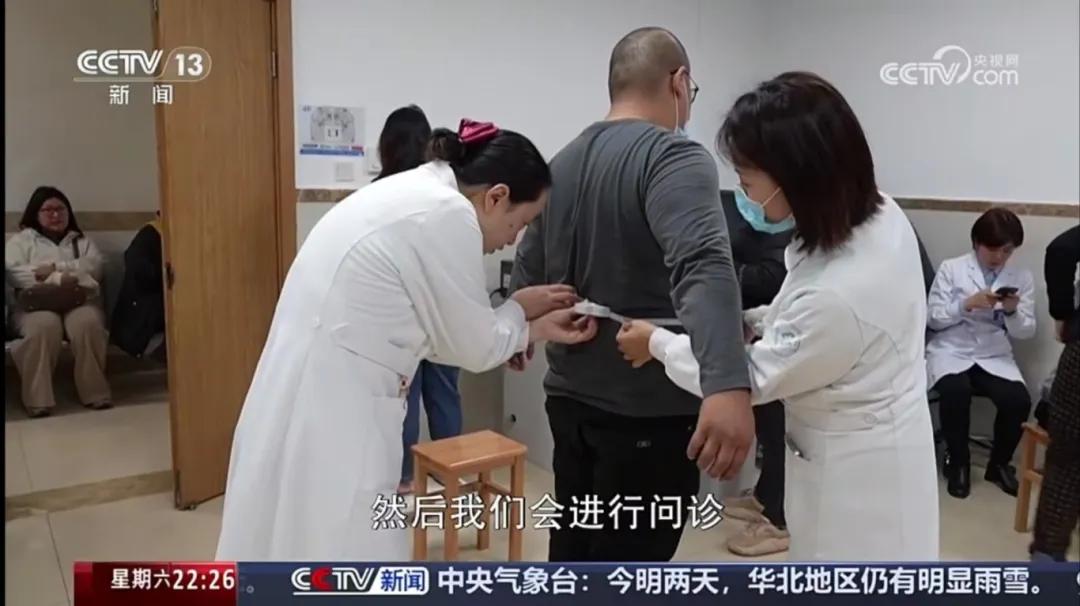
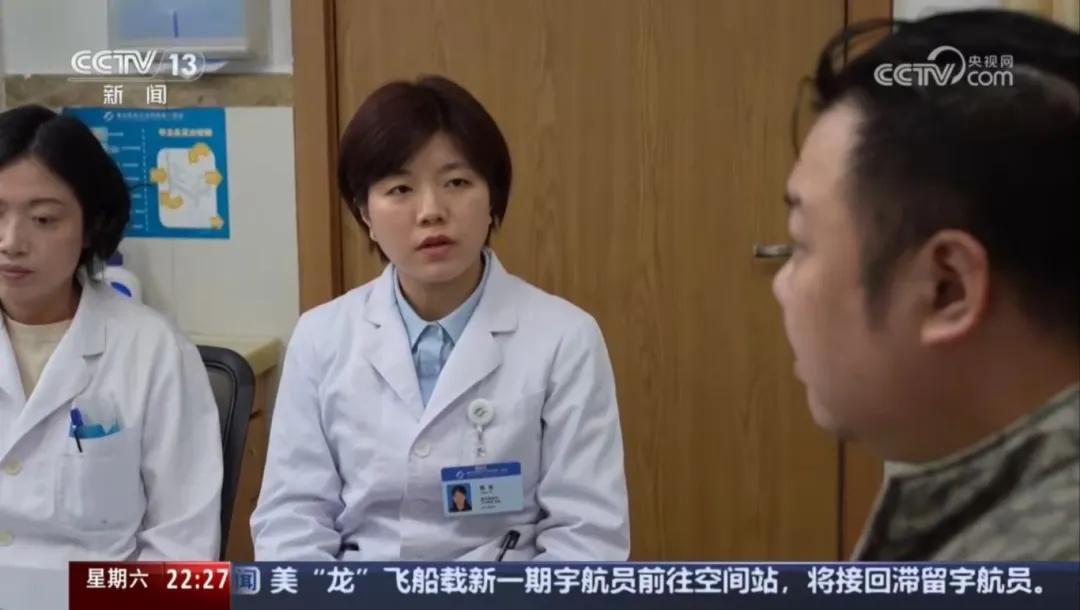
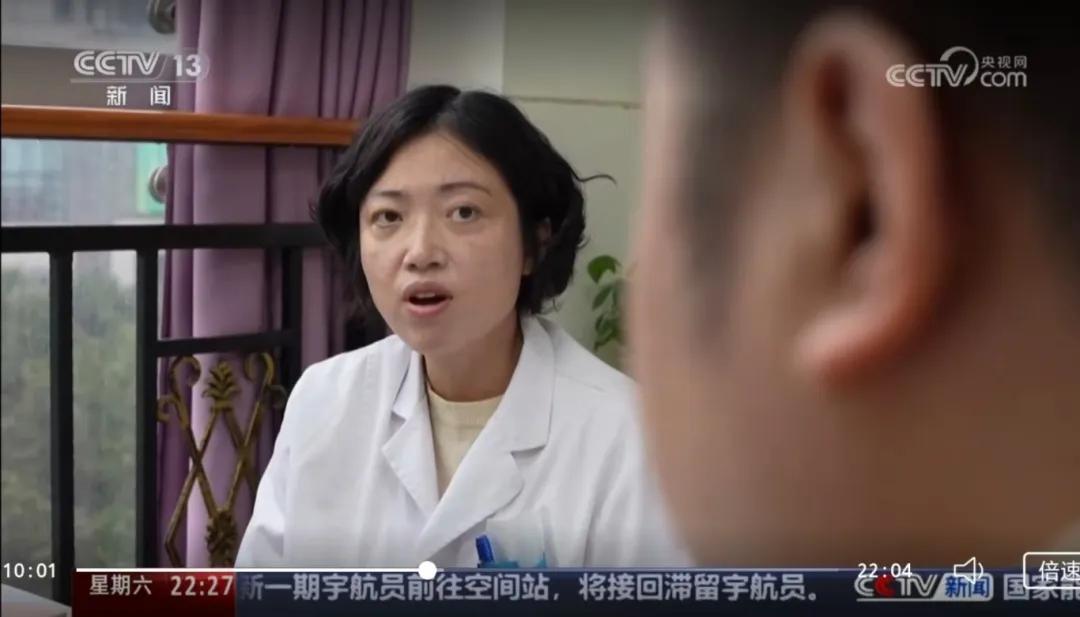
Dr. ZENG Menghua, Associate Chief Surgeon of Gastrointestinal Surgery at the First Affiliated Hospital of Chongqing Medical University: “Upon a patient’s arrival at the clinic, he/she is first greeted by a dedicated case manager who performs initial anthropometric measuring. Subsequently, we conduct a thorough consultation. It is only after carefully reviewing all the clinical test results that we formulate a personalized weight management strategy. This tailored plan specifies whether the approach will involve primarily dietary and lifestyle modifications, pharmacological treatment, or surgical intervention.”
News Weekly: Given the significant individual variation among patients, effective weight management necessitates a highly individualized regimen prescribed by professional physicians. However, Dr. ZENG notes that during consultations, it becomes apparent many patients harbor significant misconceptions about weight loss and have often pursued ineffective or even detrimental paths before seeking professional medical advice.
Dr. ZENG elaborated: “Firstly, we encounter patients experiencing body anxiety who, despite having a completely normal body weight, aspire to achieve an unrealistic 'ultra-thin' physique. Secondly, there are those who downplay the significance of obesity as a health problem, often seeking medical attention only when compelled by their spouse or parents. These represent two extremes: one pole is excessive anxiety, the other, profound indifference. Additionally, some individuals recognize they are overweight and need to lose weight but employ inappropriate methods. They struggle with choosing treatment modalities, tending to either place undue faith in medication or become fixated on surgical solutions. Addressing these prevalent misunderstandings requires considerable time.”
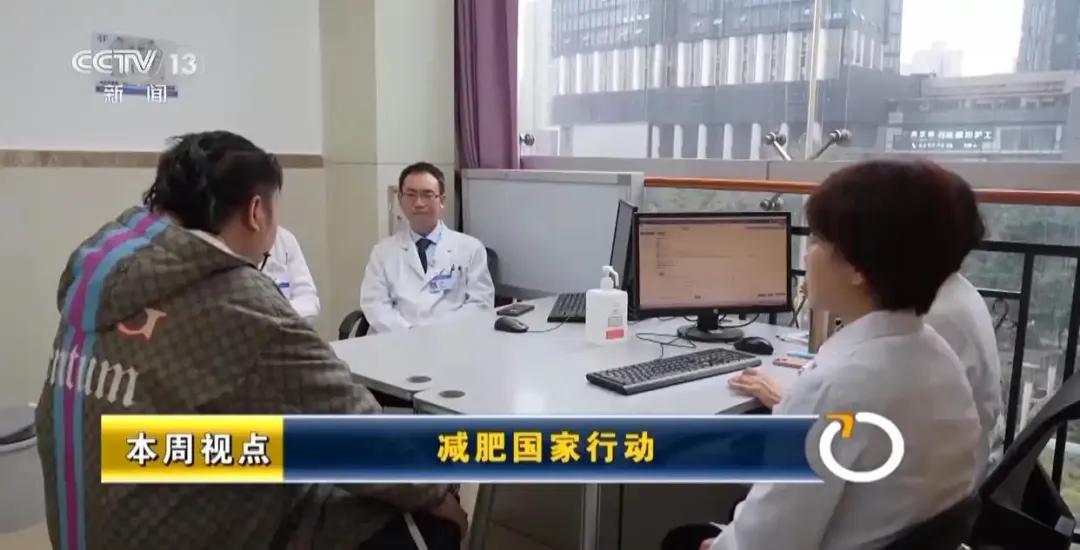

News Weekly: Now, most hospital-based weight management departments possess robust medical resources. The First Affiliated Hospital of Chongqing Medical University exemplifies this: its Obesity Clinic features a multidisciplinary team comprising experts from Gastrointestinal Surgery, Endocrinology, Clinical Nutrition, and other relevant specialties. When encountering complex cases, group discussions will be conducted , which also makes it difficult to obtain a Obesity Clinic appointment.)
Last week saw the launch of the “National Healthy Weight-Loss Camp” project, initiated under the guidance of the National Health Commission. 11 public hospitals nationwide were designated as inaugural educational units for this program, including the First Affiliated Hospital of Chongqing Medical University. At present, the Weight-Loss Camp of the hospital is voluntarily participated by patients,Patients periodically convene to share experiences and offer mutual encouragement, with physicians actively participating to deliver health education and personalized guidance.
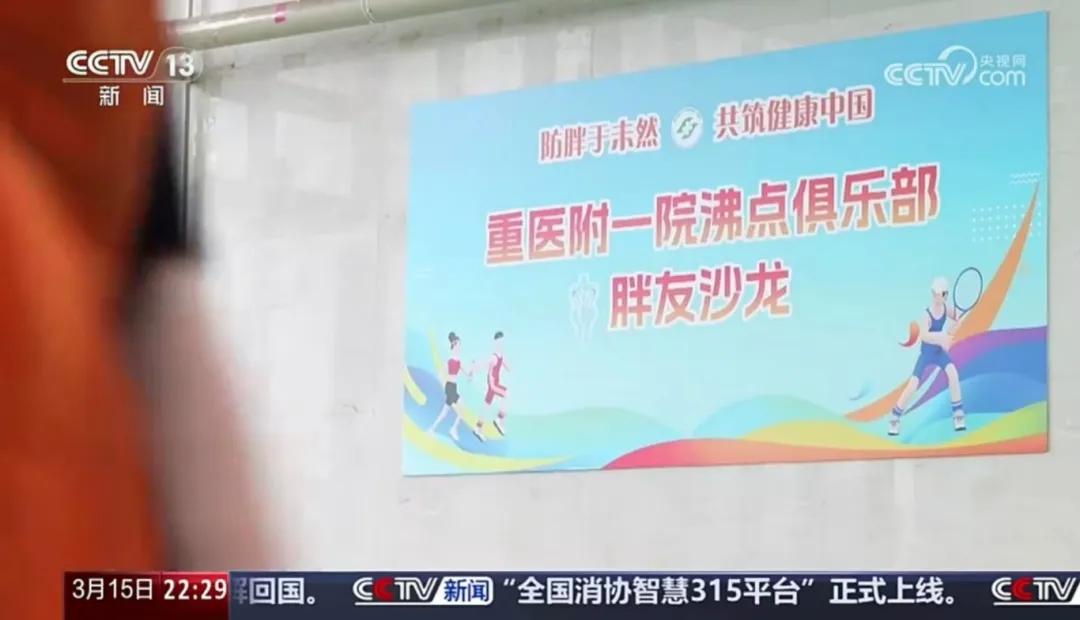

Further Reading
In 2007, recognizing the complex etiology of obesity involving multiple body systems, the First Affiliated Hospital of Chongqing Medical University pioneered a shift from traditional single‑specialty model. By establishing the Obesity Clinic as a platform, it integrated core disciplines including gastrointestinal surgery, endocrinology, and clinical nutrition and has formed one of China's first multidisciplinary obesity management teams. The Obesity Clinic has now been operational for 18 years.)
Guided by the principle of “etiology‑based classification and stepwise treatment,” the hospital has constructed a diversified obesity management matrix and established an Obesity Specialty Center to create a comprehensive, life‑cycle health management ecosystem.
Currently, obesity clinics operate at both Yuanjiagang campus and Jinshan campus in the First Affiliated Hospital of Chongqing Medical University. The obesity clinic services covers from Chongqing to Yunnan, Guizhou, Sichuan, and even Xinjiang and Gansu—with a revisit rate exceeding 40% and high patient satisfaction.




